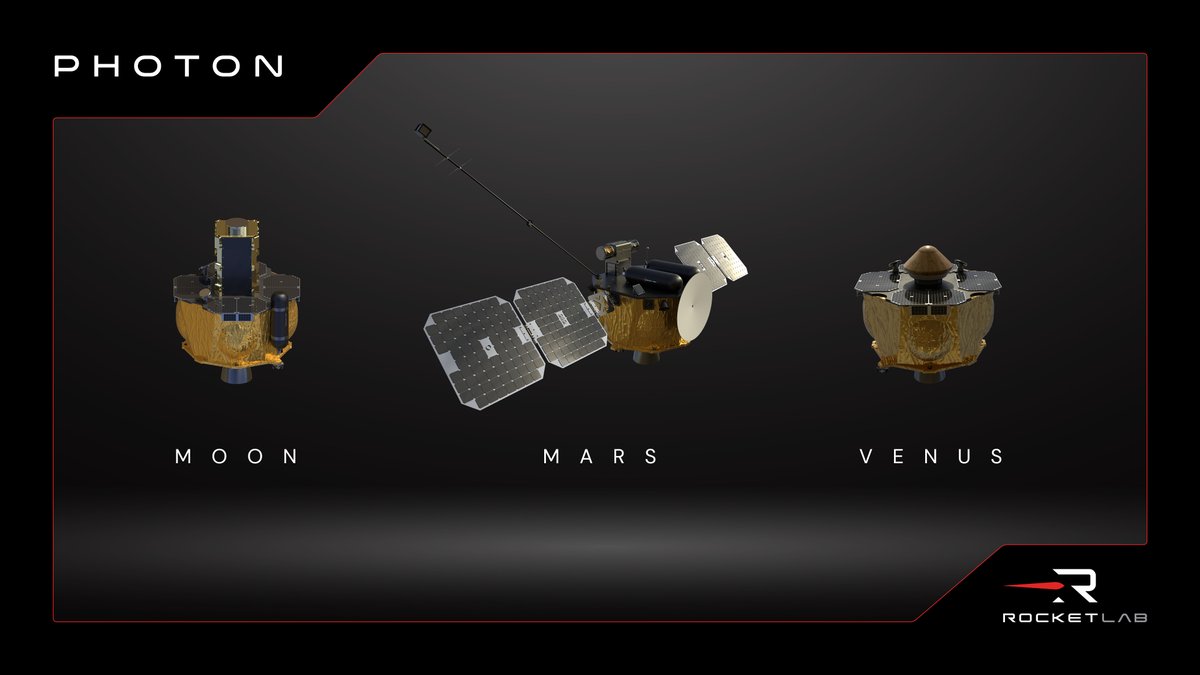The mission, renamed “ Venus Life Finder ”, clarifies, even if she is late. Rocket Lab and the prestigious MIT are now targeting the next firing window towards the “hell planet” in 2024, with the objective of studying the atmosphere with a particular sensor. It is also a technological demonstration.
“ An evening and weekend project “, this is how the Rocket Lab teams regularly describe the Venus Life Finder mission. It should be remembered that the latter is not financed by the American space agency, but that it is a private adventure, for which Rocket Lab covers the majority of the costs. As it is a publicly traded company (and accumulating debt), it is clearly not a priority project, and this explains why it slipped from 2023 to 2024.
Small mission, but ambition
Indeed, it will bring nothing, except prestige and potentially future contracts for other missions with the Photon platform. The latter has been marketed by Rocket Lab for two years for all types of light and inexpensive projects, such as sending specialized sensors around the Moon, towards Mars or Venus. Last year, a Photon platform transported the tiny CAPSTONE probe to the Moon.
A capsule to study the atmosphere, quickly!
That this is a technological demonstration does not detract from the quality of the science embarked on the future Venus Life Finder mission. This is why Rocket Lab partnered with MIT (Massachusetts Institute of Technology) to equip its payload. The latter is made up of a capsule capable of resisting its descent into the Venusian atmosphere for more than twenty minutes. Using a specific sensor (an auto-fluorescent nephelometer), the small probe will analyze the possible presence of organic compounds in cloud droplets at high altitude (approximately 100 to 22 km) and send its data back to Earth . Highly anticipated results: Venus is poorly studied compared to its cousin Mars, and other future missions are not expected before the end of the decade. With the exception of the sensor, as it is a private mission, the teams are also trying to innovate to reduce project costs.
Specific objective vs. overall study
The probe, which will weigh only 315 kg in total, should now take off at the end of December 2024, or at the very beginning of 2025, to drop the capsule on Venus on May 13, 2025. Initially, an Electron rocket will send the mission into Earth orbit low, and it is the Photon platform which will propel itself towards an elliptical orbit, until leaving the “Earth system” while benefiting from gravitational assistance from the Moon.
Here again, the objective is to show agencies (but also other private actors) that it is possible to carry out a “low cost” planetary mission which, for a few million or tens of millions, can send a high-performance instrument and light in the near Solar System. To differentiate itself, NASA’s Psyche mission, which has just taken off to head towards the metallic asteroid of the same name, cost almost a billion dollars in total. Two schools…
Source : Space News

0